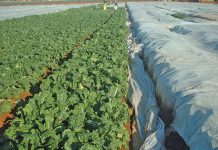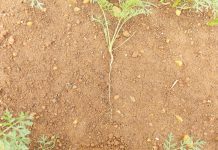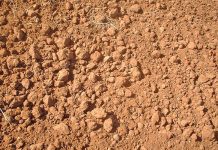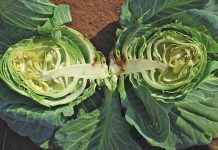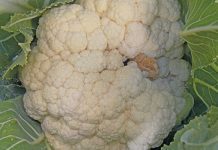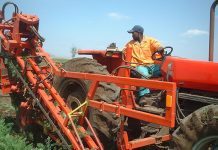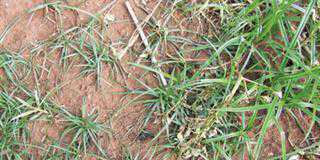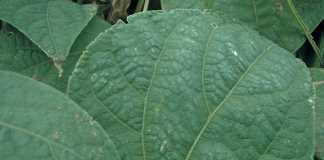But a question that I put to the group on soil analysis had me worried. The farmers doing well agreed that soil analysis was part of their production practice, while the others said they had never carried out one. I hid my shock, but was amazed that today, with extension services available, nobody had taught these farmers the importance of understanding the mineral composition of the soil. If you don’t know what to feed the soil, then you cannot expect the soil to feed the plants properly. In turn, the plants will not be able to produce a decent crop. This is where good quality starts.
A tough market
I stressed that it was essential to grow quality produce. People buy mainly with their eyes, and if the produce does not look good, they simply will not pay for it. “Why should somebody buy your product if it’s not up to standard?” I asked. You do not have to be a large producer to grow quality produce. By starting with the basics of production – soil health, irrigation, plant nutrition, disease and pest control – a small-scale farmer can produce excellent crops. I’ve seen numerous examples over the years. Once a farmer starts harvesting, other factors such as careful handling and correct storage enter the ‘quality equation’.
Start properly – and finish off profitably
Sprinkling chemical fertilisers all over the place went out years ago. Today, with detailed soil analyses, a farmer can feed the soil correctly. Essential components such as compost and earthworms are within the reach of any farmer and should be part of his programme. Soil health is so crucial to good farming that it has to be the first step for any new, small-scale farmer. In short, he should analyse the soil properly and feed it correctly before putting a single seed in the ground. I can understand the need for cash flow but profitable farming cannot take place if the soil is unable to do its job – feed the plants!

